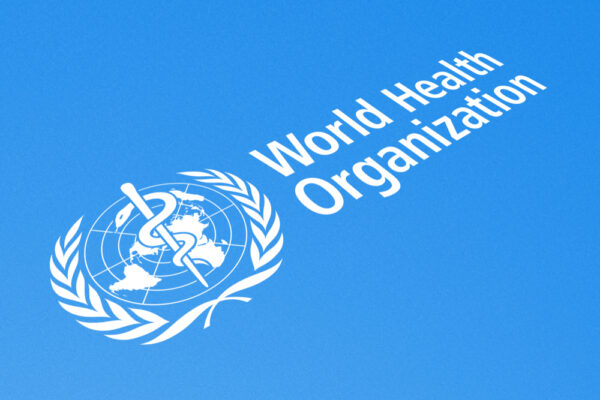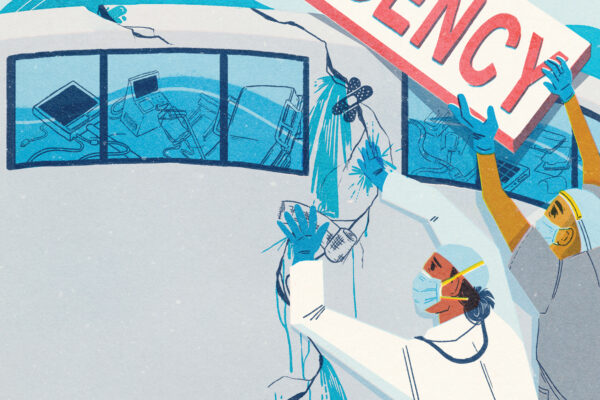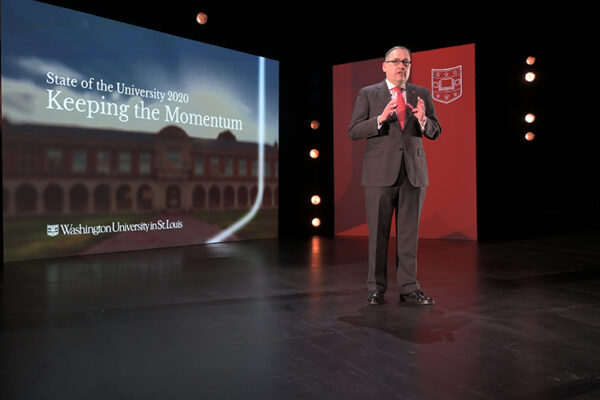The COVID-19 pandemic — that still has the world firmly in its grip — presented a series of unprecedented, immense challenges for Washington University in St. Louis. Patient care, campus life, lab work and the way we learn were all put to the test and reimagined during the past year.
The pandemic also resulted in an incredibly challenging period for international research. Travel came to an abrupt halt, in-person meetings and conferences were canceled, even routine data collection became excruciatingly difficult. Through it all, WashU researchers collaborating with colleagues around the world continued to innovate and demonstrate remarkable resiliency to keep their projects going and their connections strong.
“The COVID-19 pandemic has touched every corner of the globe, with the United Nations stating that COVID-19 ‘will not end for anyone, until it ends for everyone’,” said Michal Grinstein-Weiss, the Shanti K. Khinduka Distinguished Professor at the Brown School. “As a result, fostering and building international partnerships was needed more than ever during the COVID-19 pandemic. Our team remained steadfast in our shared research priorities as the pandemic continued.”
Our team remained steadfast in our shared research priorities as the pandemic continued.
Michal Grinstein-Weiss, Shanti K. Khinduka Distinguished Professor
Grinstein-Weiss is one of 16 WashU faculty members serving as principal investigators on a total of 11 projects awarded seed grants from the McDonnell International Scholars Academy last summer. All of them specifically focused on addressing the public health and social outcomes of COVID-19, and all also engaged international partners. Less than a year in, their collective efforts have produced outcomes, shaped policy and resulted in published research addressing different facets of the pandemic.
Examining economic fallout
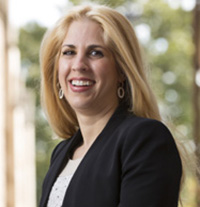
Grinstein-Weiss’s project addresses the economic fallout of the pandemic, analyzing the immediate and long-term impacts in Israel and the United States, illustrating the diversity of impacts as well as commonalities. Grinstein-Weiss, whose research explores social challenges and interdisciplinary solutions to them, said her team used COVID-19 as a springboard for innovation.
“Our international team aimed to transform challenges into opportunities,” Grinstein-Weiss said. “For example, what was an in-person team quickly transformed into a virtual team, allowing us to work in tandem and explore new international partnerships through virtual partnership-building. Moreover, this was a unique time when our faculty, staff and students were all focused on one topic — addressing inequalities brought to light by the COVID-19 pandemic. By having a single focus, we were able to work together and disseminate findings more rapidly than we have been able to do before.”
Effect on pregnancy
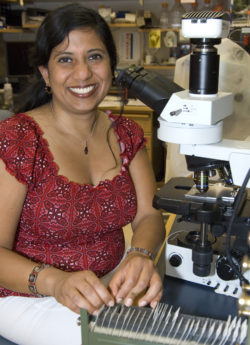
Indira Mysorekar, the James P. Crane Professor of Obstetrics and Gynecology at the School of Medicine, also acutely felt COVID-19’s impact. Her project examines COVID-19’s effect on pregnancies in the United States and Brazil. Both countries have experienced severe outbreaks of the disease, and hours have been long for her team, many of whom also are clinicians and putting their health at risk to treat patients. But their dedication, over endless emails and Zoom meetings, already is making an impact: Mysorekar’s team recently published a paper in the journal Med outlining how the COVID-19 virus presents itself in the placenta and explaining the possible health ramifications of such an infection.
“The opportunity that’s emerged from this enormous challenge is that we’ve utilized our expertise and leveraged existing resources to pivot and start studying COVID in pregnant women. Our work has led to new insights into the disease and opened new avenues of investigation,” Mysorekar said.
WHO policy recommendations
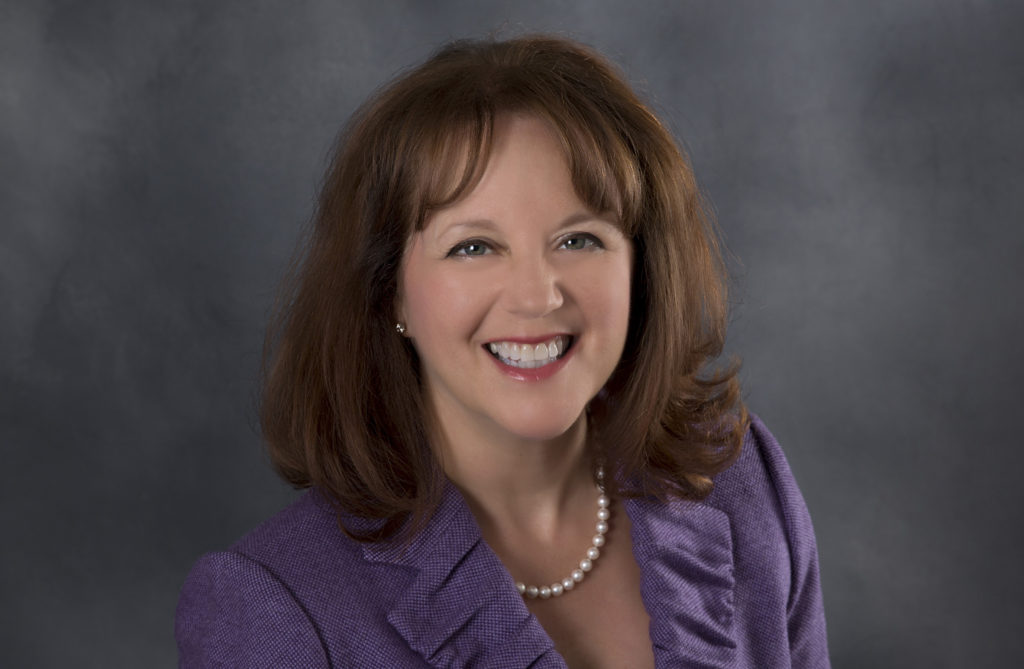
Leila Sadat, the James Carr Professor of International Criminal Law, is leading a project examining the pandemic’s effect on the World Health Organization. She and colleagues from multiple partner and collaborating institutions, including Florida State University, the Max Planck Institute for Comparative Public Law and International Law, National University of Singapore, and the University of Melbourne, have developed a specific set of policy recommendations for the WHO, including the adoption of a new pandemic treaty as well as processes that can improve the effectiveness of existing mechanisms within the organization and provide incentives for member implementation.
Sadat said analyzing these complicated issues, in collaboration with partners from around the globe, has been tough, but not insurmountable.
“We had colleagues in Australia and Singapore as well as Europe, and in time zones across the United States,” Sadat said. “It was very difficult to find meeting times that were convenient for everyone. Some of our colleagues were very generous in attending meetings at midnight or even later, which obviously wreaked havoc with their sleep patterns. Zoom fatigue and exhaustion are decidedly real.
“Making introductions and developing a rapport on Zoom is also much more difficult than when it takes place in person. Laughter is more difficult, there is no shared experience coming from partaking in a meal or visiting someone else’s university. I think the general sentiment for this project, and so many others, was that inclusivity was easier to achieve in the virtual environment, but true connection was more difficult.”
While research work continues on each of the 11 projects funded by the McDonnell Academy, the aim is to broaden support and add a new cohort of globally focused teams. The academy plans to award another round of seed grants soon; visit the McDonnell International Scholars Academy page for more information on eligibility and application deadlines.
“Despite the unprecedented complications presented by the COVID-19 pandemic, we felt it was essential to continue to support international collaboration, particularly on such important problems,” said Kurt Dirks, vice chancellor for international affairs and director of the McDonnell Academy. “I am inspired by the funded teams, the obstacles they’ve overcome and the innovative work they’ve done thus far. We are also grateful to Bethany and Bob Millard for their ongoing support of this important research.”
